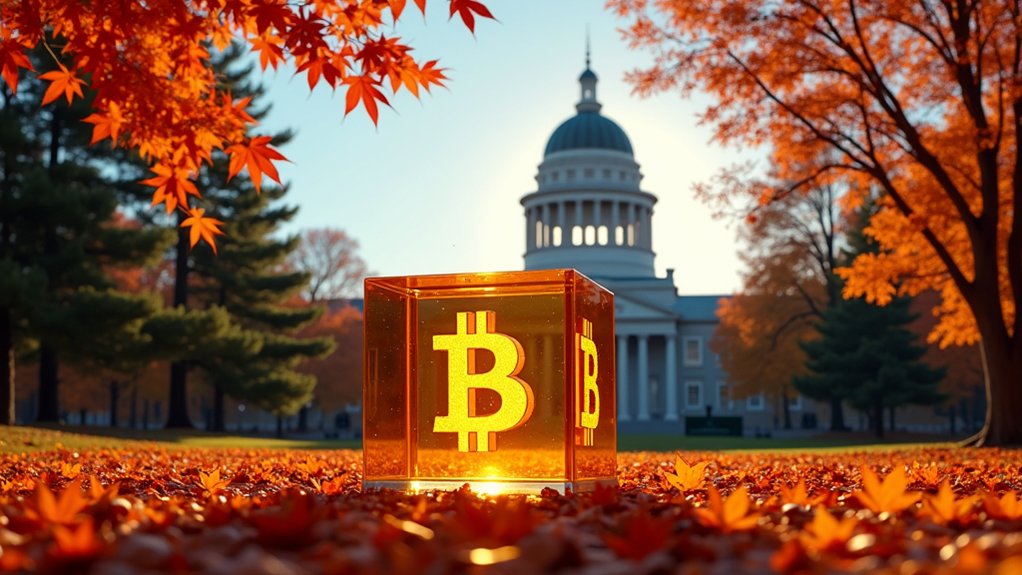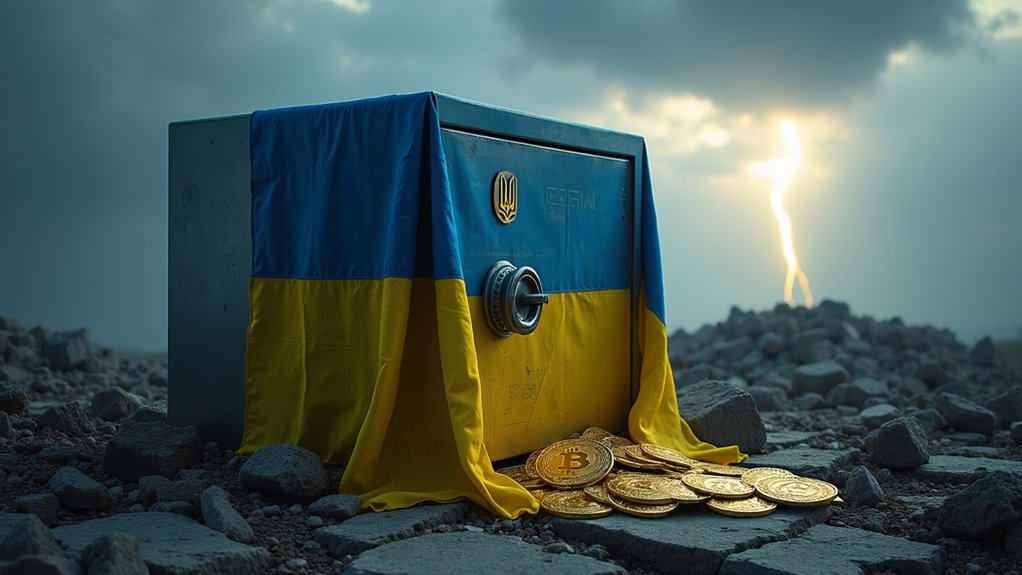The quiet, granite-hewn state of New Hampshire, often cloaked in the crisp scent of pine and the rustle of autumn leaves, has just tossed a digital grenade into the world of state finance. On May 6, 2025, Governor Kelly Ayotte signed House Bill 302 into law, making New Hampshire the first U.S. state to establish a Bitcoin reserve. Imagine stodgy treasury offices, smelling of old paper and ink, now buzzing with talk of digital wallets. It’s a wild leap from granite to blockchain. The decentralized nature of Bitcoin means transactions are verified by distributed trust networks rather than traditional banking institutions.
This isn’t just a quirky experiment. The law allows the state treasurer to invest up to 5% of certain public funds—potentially $181 million—into Bitcoin, the only cryptocurrency currently boasting a market cap over $500 billion, alongside precious metals. That’s roughly 2,269 BTC at today’s prices, a stash that could rattle traditional investors. Supporters, backed by the Satoshi Action Fund, cheer this as a hedge against inflation, a way to “Live Free or Die” in the digital age. Yet, one can almost hear the creak of skepticism from old-school fiscal hawks wondering if this is a gamble too far.
New Hampshire’s move isn’t solitary. Across the nation, from Alabama to Wyoming, two dozen states are eyeing similar Bitcoin bills, sparked by Pennsylvania’s 2024 proposal. It’s a trend, a digital gold rush, contrasting sharply with dusty ledgers of yesteryear. Will taxpayer money be safer in volatile crypto, secured by U.S.-regulated custody, or is this a shiny distraction? This bold step positions New Hampshire as a potential crypto leader in state-level adoption. Notably, the House passed HB302 with a close 192-179 vote on April 10, advancing the bill to the Senate for further consideration close House vote.
Picture autumn leaves falling outside the State House as senators debated this future. The pine-scented air carried whispers of change. New Hampshire, small but bold, has planted a flag in uncharted territory. Will it inspire—or caution—others? Only time, and the blockchain, will tell.









